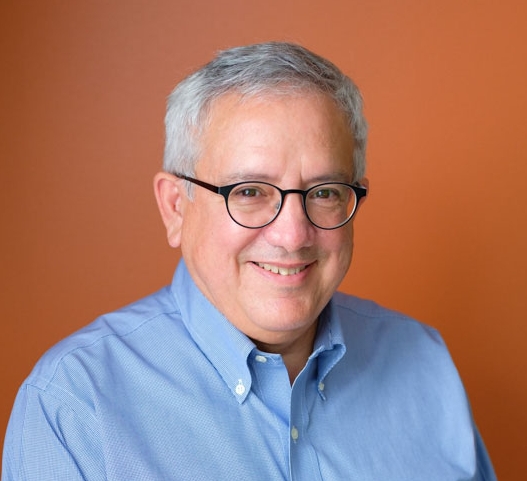
The Latino Center for Health (LCH) is conducting a study to better understand the extent and impact of long COVID on the state’s Latino communities.
Partners in the study are SeaMar Community Health Centers, the Allen Institute for Immunology, and the Yakima Valley Farm Workers Clinic.
Study leader Dr. Leo Morales, a professor of medicine at the UW School of Medicine and co-director of the Latino Center for Health, will direct the survey which focuses on Latinos age 18 years and older who have had a positive COVID-19 test result. The questionnaire will include questions about symptoms, the respondents’ medical history, whether they received the COVID vaccine, their physical and mental health, and their social and economic situations.
According to the U.S. Centers for Disease Control and Prevention, Latinos have the highest rates of long COVID. About 9% of Hispanic adults report symptoms, compared with 7.5% of U.S. adults overall.
“With this survey we hope to determine how many members of the Latino community are currently affected by long COVID, and how it is impacting their health and well-being,” said Morales.

“Since the onset of the pandemic, Latino communities in Washington state have had higher rates of COVID-19 infection than the general population, higher rates of hospitalization, and higher rates of mortality on an age-adjusted basis,” Morales noted. “Yet we are not seeing many people from Latino communities showing up in our long-COVID clinics.”
The study will use the World Health Organization’s definition of long COVID: symptoms that began within three months of a probable or confirmed case of infection, which have persisted at least two months and cannot be explained by another diagnosis. Common long-COVID symptoms include fatigue, fever, cough and difficulty breathing, and problems with memory and thinking, often called “brain fog.”
“Many Latinos may not be aware of the symptoms of long COVID,” Morales said. “I suspect that a lot of people in Latino communities don’t know they have long COVID. They’re feeling badly, they’re having problems with fatigue or brain fog; they’re just not doing well, but they don’t exactly know why. Helping people understand what is going on and guiding them to evaluation and treatment is important.”
Morales said he hopes the project’s findings will not only help improve care of Latino individuals affected by long COVID, but also help guide policymakers to develop appropriate long-COVID services for Latino communities.